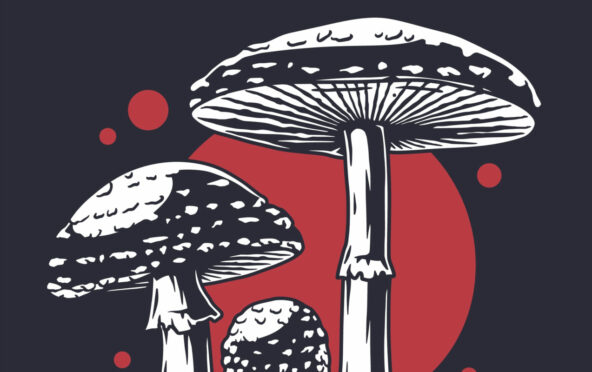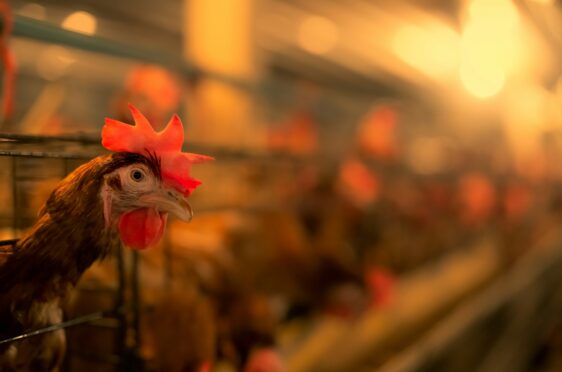
Brazil’s presidential election today risks swathes of the Amazonian rainforest and the planet’s future, scientists warn.
Deforestation in Brazil has soared in the past four years under right-wing president Jair Bolsonaro, who is trailing former president Luiz Inácio Lula da Silva, known as Lula, by a narrow margin in polls for the second round of voting.
During his time in office from 2003 to 2011, Lula radically reduced the deforestation of the Amazon rainforest, which has been called the “lungs of the planet” and is home to more than half the world’s species of plants and animals.
Dr Erika Berenguer, a senior research associate at the Ecosystems Lab at Oxford University, said: “The election is very important for the Amazon because the deforestation rates have completely shifted under Bolsonaro’s administration.
“We are now seeing levels of deforestation that we hadn’t seen since 2008. That’s really worrying, not only for conservation, biodiversity and indigenous communities, but also for the whole world because of greenhouse emissions.”
Since Bolsonaro took office in 2019, more than two billion trees have been felled, the number of forest fires has soared and violence against indigenous communities and activists has increased.
Bolsonaro has been accused of weakening environmental enforcement agencies by cutting their budgets and staff while making it more difficult to punish criminals who damage the environment.
Lula’s election pledges include fighting deforestation, subsidising sustainable farming and reform Brazil’s taxes to usher in a green economy.
Berenguer said: “In the eight years Lula was in power, we saw year on year decreases in deforestation, the exact opposite of what we have seen with Bolsonaro.
“His rhetoric has been pro-Amazon and conservation and very much building it up on what he already did during his government.”

Enjoy the convenience of having The Sunday Post delivered as a digital ePaper straight to your smartphone, tablet or computer.
Subscribe for only £5.49 a month and enjoy all the benefits of the printed paper as a digital replica.
Subscribe




